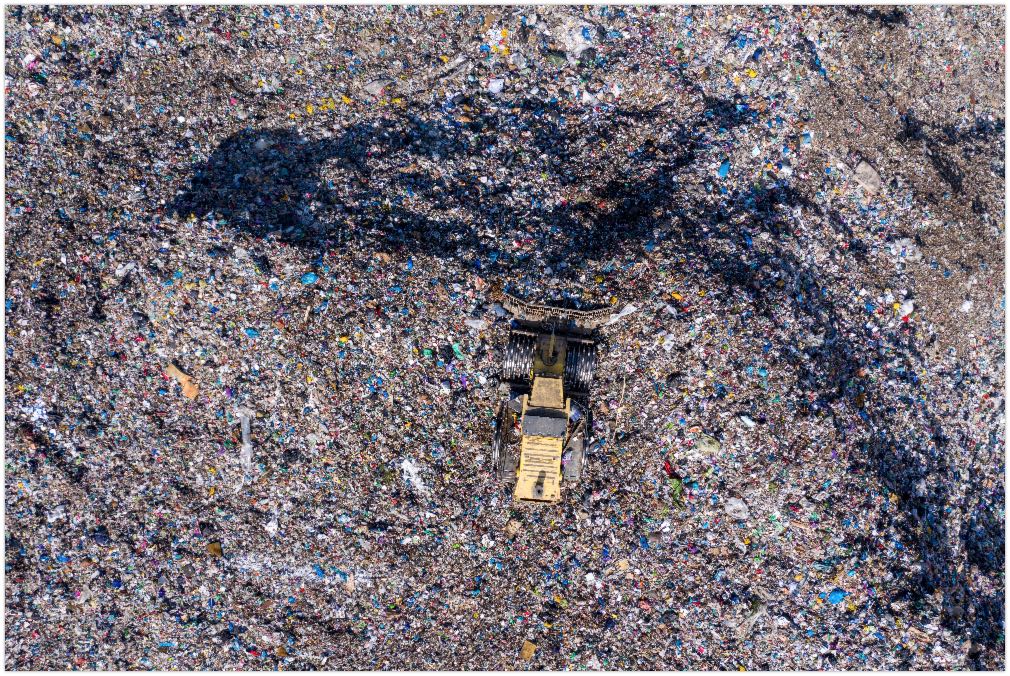Australia is currently facing a recycling crisis, indicating that we produce more waste than we recover and recycle. Annually, the country generates an estimated total of 67 million tonnes of rubbish and only 58% of that amount is recovered. That’s only about 37 million tonnes of recycled products.
Luckily, household owners, businesses, and governments are creating a collective effort to curb waste generation in the country. Everyone is making informed decisions about their waste management practices and consumer purchases. To make every effort count, everyone must do their part. Hence, creating the National Waste Policy to ensure proper waste management is mandatory.
Australia’s National Waste Policy
The Australian National Waste Policy contains the country’s guidelines on how to manage our waste. It was first established in 2009 and has been revised in 2018. The National Waste Policy includes the duties and responsibilities that every household, business, industry, and government unit should perform to help solve Australia’s problem with rubbish and the recycling crisis.
Goals of the National Waste Policy
The Australian National Waste Policy aims to:
- Solve the pressing challenges regarding waste generation, management and resource recovery in Australia
- Achieve a circular economy wherein waste is regarded as a resource we can continuously reuse and recycle.
- Involve every community, business, industry, and government to take part in sustainable waste reduction and management efforts.
The National Waste Action Plan
Australia’s National Action Plan presents the objectives and key actions that all involved parties should perform in accordance with the National Waste Policy. The action plan lays out concrete actions and duties applicable to individuals, communities, businesses, and government agencies to achieve the targets of the National Waste Policy.
The local government units are primarily in charge of waste management in Australia by organising the collection, processing and disposal of rubbish from households, communities, businesses, and industries. Here are some undertakings stated in the Action Plan you could do to follow the Australian National Waste Policy efficiently.
For Individuals and Homeowners
- Reduce, reuse, recycle
- Be a smart consumer. Buy only the things you need and can consume before the expiration date
- Minimise food waste
- Avoid littering
- Segregate your waste
- Compost
- Join beach cleanup events
For Businesses and Industries
- Avoid business waste
- Encourage sustainable design
- Strictly employ product stewardship
- Build infrastructures with massive capacity to collect, segregate, recycle and reprocess recycled materials.
- Research on and promote sustainable packaging
- Label products with information on the percentage of recycled content in packaging to help consumers make sustainable choices
- Abandon the production and use of single-use plastic products and packaging.
For the Australian Government
- Work closely with industries and businesses to improve the procurement of recycled materials
- Coordinate with communities and businesses for environmental awareness campaigns and clean up activities.
- Develop new markets for recycled products and materials
- Support repair centres and recycling facilities
- Create laws to prevent recyclable rubbish from getting sent to landfills
- Increase access to waste management and processing in remote areas
- Reduce and clean up plastic litter
- Improve recovery of organic waste by establishing infrastructures for composting and processing organic waste
- Improve waste data collection and make that information available to the public
- Fund research and development on waste management
- Conduct information dissemination regarding waste management and consumer awareness in communities
- Improve kerbside recycling collection and materials recovery facilities
- Employ financial and other incentives for businesses and industries to be more sustainable
- Phase out microbeads from cosmetic and personal care products
- Abolish the production and use of single-use plastics through design, innovation or development of alternatives
- Determine how recycled materials can be used in road construction and other large-scale projects.
- Improve the management of import, export, use, manufacture, and disposal of chemicals and hazardous waste.
Conclusion
The Australian government developed the National Waste Policy to assist every individual, community, businesses, and local government in making better choices to manage their waste generation. As an individual, you can make informed decisions about your product purchases by choosing an item that is more environment-friendly or a product with sustainable packaging.
You could also practice the 3Rs – reduce, reuse, recycle – to help minimise the rubbish that ends up in landfills. By doing your part in managing your own rubbish, you are already greatly contributing to the collective effort of governments, businesses, and communities.
Paul’s Rubbish Removal plays an essential role in waste management in Sydney. We have been in the rubbish removal industry for more than 15 years, and ever since our establishment, we have always guaranteed our clients the best waste management practices.
Incorporated in our mission is the National Waste Policy, which we always strive to abide by. We collect and dispose of your rubbish responsibly. We also recycle every piece of rubbish we collect through our partner recycling facilities.
Aside from sustainable handling and disposal of rubbish, Paul is also efficient and fast in delivering our rubbish removal services. If you need emergency rubbish removal, don’t hesitate to call Paul’s Rubbish Removal at 0407 125 125 or send us an enquiry through our email.







